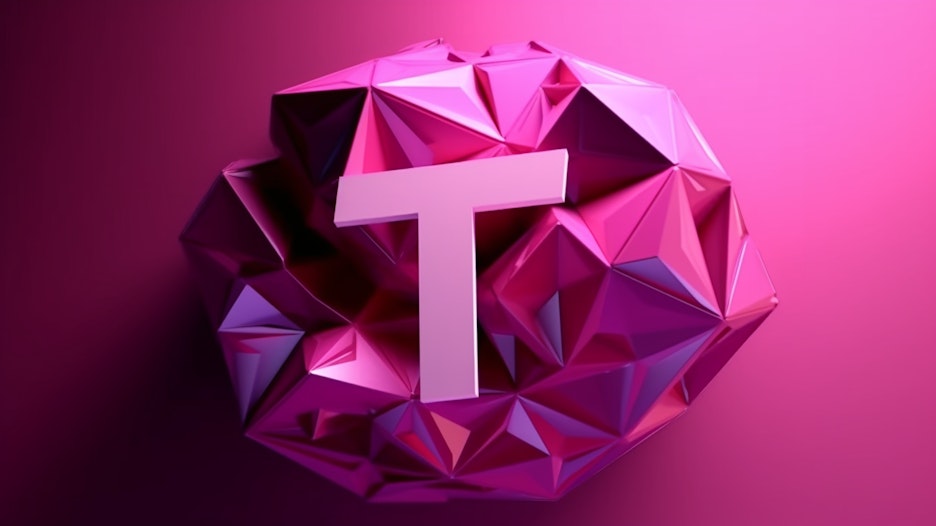News - Germany's Telekom gets key role at Polygon
By
Germany's Telekom gets key role at Polygon
A hit in the city of Bonn because, Telekom MMS is now part of the Polygon Blockchain. In addition, the traditional German company operates its own network node.
German Telekom is further expanding its blockchain technology business. For example, the telecom provider now provides infrastructure for the Polygon ecosystem. Particularly explosive: Telekom MMS is also one of the only 100 validators of the network. The company is not leaving empty-handed. For validating and approving transactions in the network, the company will receive the usual Staking Rewards.
With the full node, it creates and validates blocks, participates in consensus and sets checkpoints on the Ethereum Blockchain. As a validator, the traditional Bonn-based company secures Polygon and its supernets. In this way, the Telekom subsidiary contributes to the security, governance and decentralization of the blockchain, the company said.
Polygon and the web3
The POS blockchain runs thousands of decentralized applications and more than three million transactions daily. The total value of all on Polygon (TVL) escrowed funds at the time of writing amounts to just over a billion US dollars. When asked if they also had Polygon's recent launched zkEVM blockchain support, Telekom MMS explains:
'We are taking a holistic network approach aimed at gradually expanding support for the Polygon network. We are also following the development of new Polygon Chains to consider in the future. Currently, however, we are focusing mainly on the Mainnet and Supernets.
Polygon Labs plans to recruit more companies in the future. With such collaborations, they also want to "enable consumers to benefit from the ownership and autonomy that Web3 technology provides."
We continue our efforts to expand our Web3 infrastructure business and want to work closely with the Polygon community. Our goal is to offer Telekom customers access to a diverse Web3 offering in the future.
Telekom conquers the blockchain
Telekom has long relied on crypto. With Ethereum, Chainlink or Polkadot, the telecom provider supports several leading proof-of-stake networks. Recently, however, the traditional German company also hosted its own Bitcoin nodes.
Whether mining will become part of future services remains to be seen. After all, Telekom is aware of the criticism related to high energy consumption, but also sees Bitcoin's potential for regenerative power networks. With its expertise in this field and its 100 percent green infrastructure, it sees itself in exactly the right position to raise awareness.






